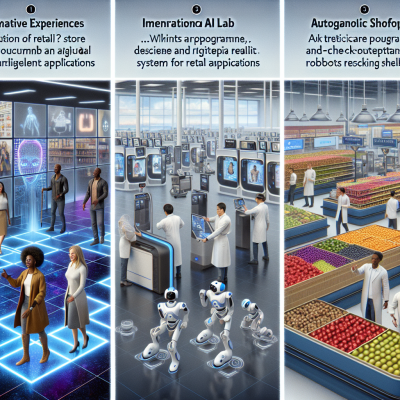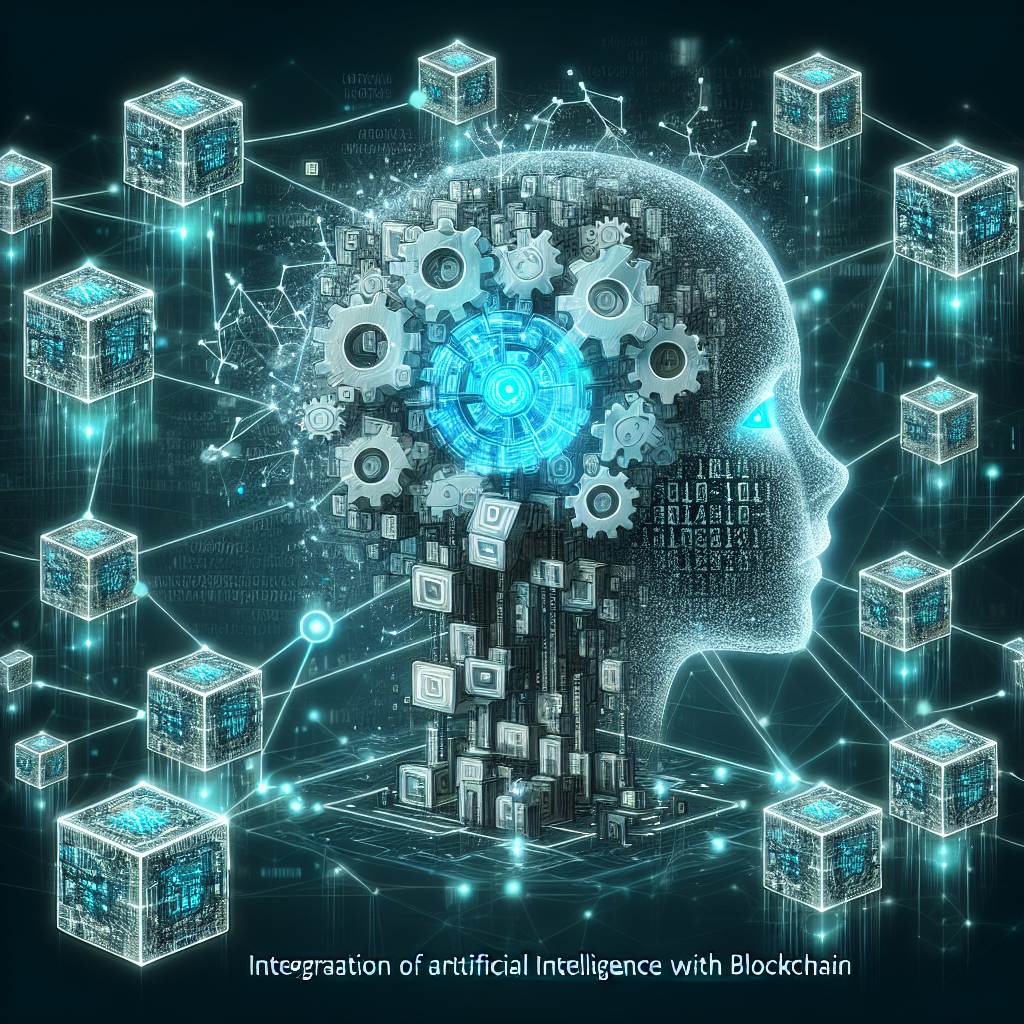
Retail Tech Innovation 2025: A Future Powered by Immersion, Intelligence, and Autonomy
The first quarter of 2025 has seen astounding momentum in retail technology, led by transformative innovations that are reshaping the consumer experience and redefining operational efficiency. From immersive in-store environments and AI-driven merchandise optimization to cashierless supermarkets and purpose-built GenAI labs, the retail landscape is evolving faster than ever.
Here’s a round-up of the standout initiatives from forward-thinking players like Walmart, Heineken, Profitmind, Amazon, and more, as curated by RTIH Editor, Scott Thompson.
Immersive Retail: Heineken 0.0 and Experiential Engagement
Heineken is raising the bar for experiential retail with a pop-up bar designed for drivers. Focused on promoting its alcohol-free offering, Heineken 0.0, this initiative taps into consumer desire for rich brand experiences while aligning with public health messaging on responsible drinking.
The campaign cleverly blurs the lines between hospitality and retail, signaling a trend where brands create value-added, immersive experiences that go beyond traditional marketing.
Primark & Pinterest: Personalized Shopping through Discovery
Fashion retailer Primark joined forces with social discovery giant Pinterest to bring online inspiration into offline purchases. This collaboration delivers personalized style recommendations through AI-driven content on Pinterest, eventually linking to in-store Primark finds.
This strategy exemplifies how dynamically curated content can push consumers from browsing to buying, especially when paired with trend data and user preferences collected via social media.
Profitmind and the GenAI-Driven Retail Lab
Startup Profitmind has launched an ambitious GenAI Lab in London, designed as an innovation hub to help retailers harness the power of generative AI for business transformation. Focused on accelerating AI adoption across retail organizations, the lab offers experimentation tools, workshops, and practical use cases to convert data into value.
This move showcases the growing investment in AI-first retail strategies, emphasizing the importance of agile development environments tailored to the hypercompetitive landscape.
Sensei and the Rise of Autonomous Supermarkets
Trailblazing startup Sensei has partnered with Portuguese retailer MC Sonae to roll out fully-autonomous stores, powered by computer vision and sensor fusion technology. These frictionless formats eliminate the need for traditional checkout systems, offering scan-less entry, automatic billing, and real-time inventory management.
The development nods to the increasing global appetite for frictionless commerce, particularly in high-density urban areas where efficiency is everything.
Amazon’s In-Store Tech Expansion in Belgium
Retail tech giant Amazon has taken its autonomous checkout technology across borders, launching a cashierless format via Carrefour Belgium. The collaboration uses Amazon’s Just Walk Out technology, which employs AI, machine learning, and computer vision to streamline retail logistics at scale.
This expansion extends Amazon’s expertise in automation and customer convenience further into the European market, strengthening its position as a global leader in retail innovation.
Simbe Robotics and Smart Inventory Management
Inventory is getting a reboot, thanks to Simbe’s autonomous Tally robots, which continue to expand across supermarkets like Coles in Australia. These robots roam aisles, scanning shelves to monitor product availability, price accuracy, and shelving compliance in real time.
With human staff freed from repetitive tasks, retailers are seeing upticks in productivity, sales, and customer satisfaction. This represents a major win for automation in operations and the augmentation of in-store workforces.
Instacart’s Smart Shopping Cart Strategy
Not to be outdone, Instacart is supercharging the traditional shopping experience with its AI-powered smart carts. By integrating features like personalized promotions, in-cart checkout, and nutrition recommendations, customers are greeted with a shopping journey that’s informative and quick.
This innovation aligns with growing consumer demands for personalization, wellness awareness, and convenience in the grocery sector.
Currys and Walmart: Unifying Omnichannel Ecosystems
Currys, the UK-based electronics retailer, continues to develop its omnichannel structure, enhancing inventory transparency and linking digital journeys with physical stores. Meanwhile, Walmart is investing further in real-time analytics and GenAI to power everything from demand forecasting to supply chain orchestration.
Both examples highlight the importance of unified commerce platforms that bridge the gap between online intelligence and offline experience.
Key Takeaways: What Retailers Can Learn in Q1 2025
As the industry enters the second quarter of the year, these innovations provide crucial insights into how technology is being leveraged by top retailers to stay ahead of the curve. Here are a few crucial takeaways:
- Immersion is key: From pop-up bars to AI-curated styling boards, brands are creating meaningful engagements, not just transactions.
- AI has gone operational: Tools like Profitmind’s GenAI Labs and Sensei’s autonomous systems are driving innovations that directly affect bottom-lines and workflows.
- Frictionless formats are scaling: With improvements in computer vision and smart checkout, autonomous retailing is no longer experimental—it’s viable and scalable.
- Personalization + Automation = Loyalty: Smart carts, robotic inventory, and AI-driven content are examples of how tech creates tailored, streamlined experiences that drive repeat visits.
Conclusion: A Landscape Reimagined
The pace of change in the retail sector continues to accelerate, driven by a bold blend of automation, personalization, and immersive engagement. In 2025, the cutting edge isn’t just digital; it’s interconnected, contextual, and completely customer-centric.
As more companies embrace next-gen technology with purpose and creativity, those that think beyond the traditional retail paradigm will find themselves leading the charge into an intelligent, experience-driven future.


Leave a Reply